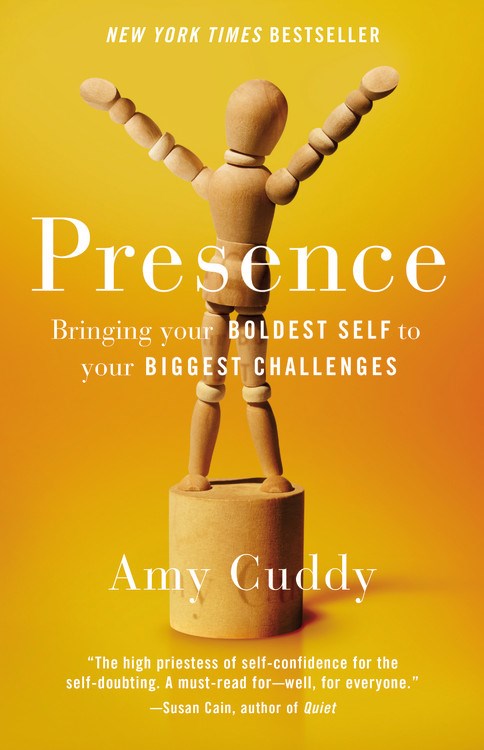Jack Covert Selects - Freefall
Freefall: America, Free Markets, and the Sinking of the World Economy by Joseph E. Stiglitz, W. W.

There are bad outcomes that are the fault of no single individual. But this crisis was the result of actions, decisions, and argument by those in the financial sector. The system that failed us so miserably didn't just happen. It was created. Indeed, many worked hard—and spent good money—to ensure it took the shape that it did.Working in government and as the chief economist at the World Bank, Stiglitz saw that system take shape and uses much of the book to explain how it came to be, how it fell and the response to its failure in great detail. It is not only about addressing the past and what went wrong, though; it is about finding a way forward. As Stiglitz writes:
It is said that a near-death experience forces one to reevaluate priorities and values. The global economy has just had a near-death experience.He later sums up:
We have seen the danger. The question is ... Will we seize the opportunity to create a new financial system that will create meaningful jobs, decent work for all those that want it ... in which each individual is able to fulfill his aspirations and live up to his potential? ... These are the opportunities. The real danger now is that we will not seize them.Freefall is a great addition to a building canon of work on the Great Recession that will surely be studied by economists and historians for a long time to come. We can only hope that the contemporary leadership on Wall Street and Capitol Hill takes notice of these great books as well.
